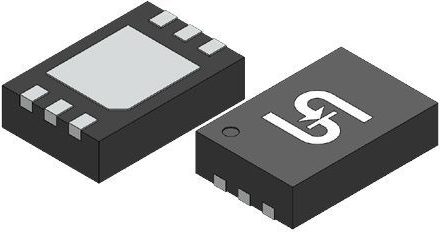 E-Bikes are fast becoming a common mode of transport on the road; the growing sales figures and increasing market share highlight their importance within the biking industry. E-Bike manufacturers are continually looking to advance the technology, pushing the limits, such as manufacturer TQ-Systems, who have initiated and established the market sector for premium class E-Bikes, thanks to its TQ HPR120S-Motor. An important component that contributes to the overall product is the E-Bike sensor from ZF, used for the measurement of the current riding speed.
E-Bikes are fast becoming a common mode of transport on the road; the growing sales figures and increasing market share highlight their importance within the biking industry. E-Bike manufacturers are continually looking to advance the technology, pushing the limits, such as manufacturer TQ-Systems, who have initiated and established the market sector for premium class E-Bikes, thanks to its TQ HPR120S-Motor. An important component that contributes to the overall product is the E-Bike sensor from ZF, used for the measurement of the current riding speed.
For premium E-Bikes, all components must be qualitative and functional, from the drive to the battery and wiring. This is also valid for ZF’s speed sensor that in the TQ application delivers 18 pulses per rotation with 18-fold coding. This results in a higher resolution as with standard sensors, which in practice leads to the finer, more direct appeal of the E-Bike drive. The rear-mounted speed sensor – allocated on the back wheel – provides the system with precise information on the current speed. In combination with a torque sensor, it enables a better alignment of the overall system.
The E-Bike sensor is founded on Hall technology, and allows the customer to decide if the sensor should have a connector or a cable. The sensors need a continuous power supply of 4.5 – 20VDC, measuring frequencies between 1 and 2,500Hz. They are designed for a temperature range from -20 to +100 degrees Celsius, fulfilling the requirements of IP67.
For more information, click here.


